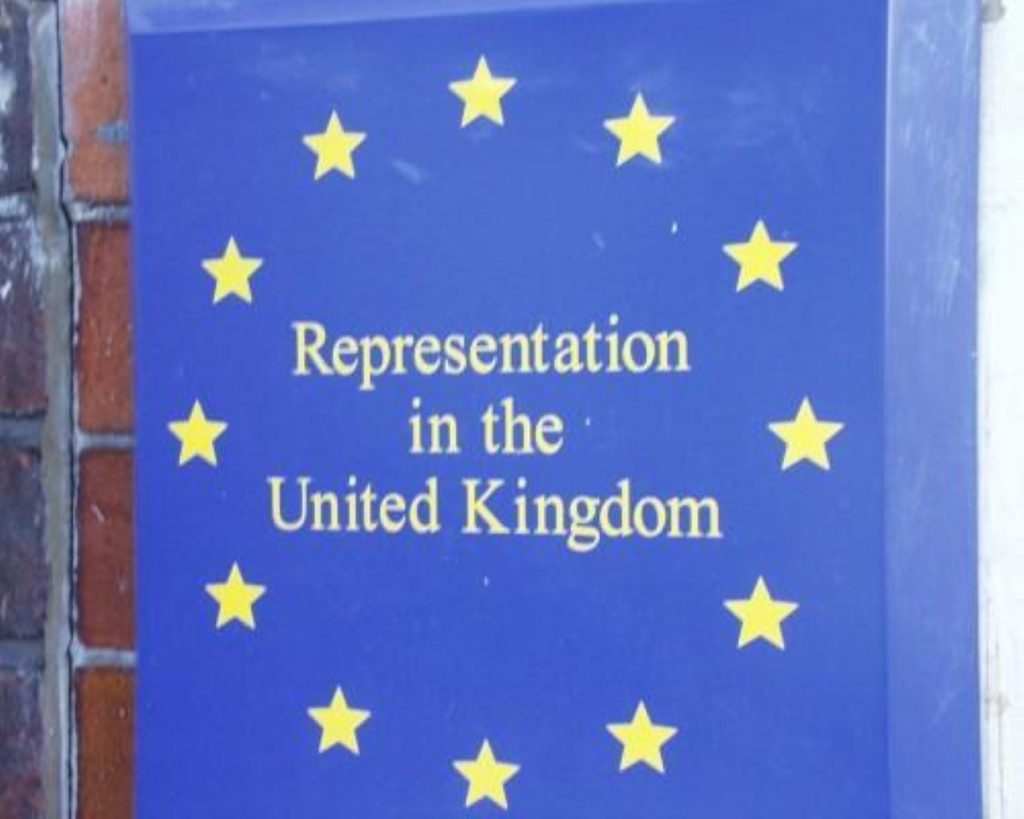Government defends treaty plans
The Government has launched a defence of the new European treaty that will establish a constitution for the EU.
Plans for a new treaty arose because of concerns that the European Union may become unworkable with 25 member states, and should help to make the EU more governable.
But a furious row was sparked in the UK when the euro-sceptic press and the Conservative Party leadership colluded in calls for a referendum on whether or not to sign the treaty.
Proposals such as creating a strong president figure for the Council of Ministers and to formalise ideas such as the common foreign and security policy have led to claims that the treaty will centralise too much power.


The Government has ruled out such a referendum, and the treaty is not yet complete, though a draft has been submitted for consideration and negotiation.
This runs contrary to the finding of a recent poll in the Sun newspaper, owned by Rupert Murdoch, which suggested that many people would welcome the public being given a say, although the same poll showed few know very much about it.
The Government has argued that the treaty is a ‘tidying up’ process, and both Jack Straw and Gordon Brown have added their voices to the debate, attacking the opposition and attempting to reassure the public.
Writing in the Times, the Foreign Secretary claimed that the new constitution will give the UK a chance to play a ‘leading role’ in Europe, and that it is not a significant change for member states.
He also took an opportunity to attack those that were presently calling for a referendum, saying that they are the same people who opposed the Maastricht treaty, and that they failed to understand that their fears had been proved wrong.
The Chancellor of the Exchequer also added his voice to the government campaign. He commented in the Wall Street Journal that the UK was winning the arguments in Europe.
He stated that issues such as tax harmonisation had been ruled out and that the process was backing intergovernmental ideas rather than federal ones.
However, both the Government and the opposition have been hit by internal difficulties on this subject in the last two days.
The Labour party had to play down talks that the European elections next year would act as a referendum on the constitution after Peter Hain commented that those opposed to the Government’s treaty could vote against Labour.
And the Conservative Party was hit by comments from former Chancellor Kenneth Clarke, who has indicated that he will help lead cross party support for Europe.












